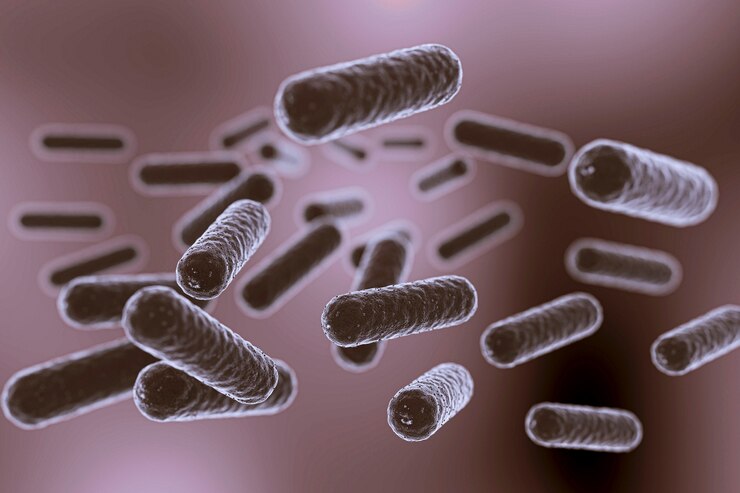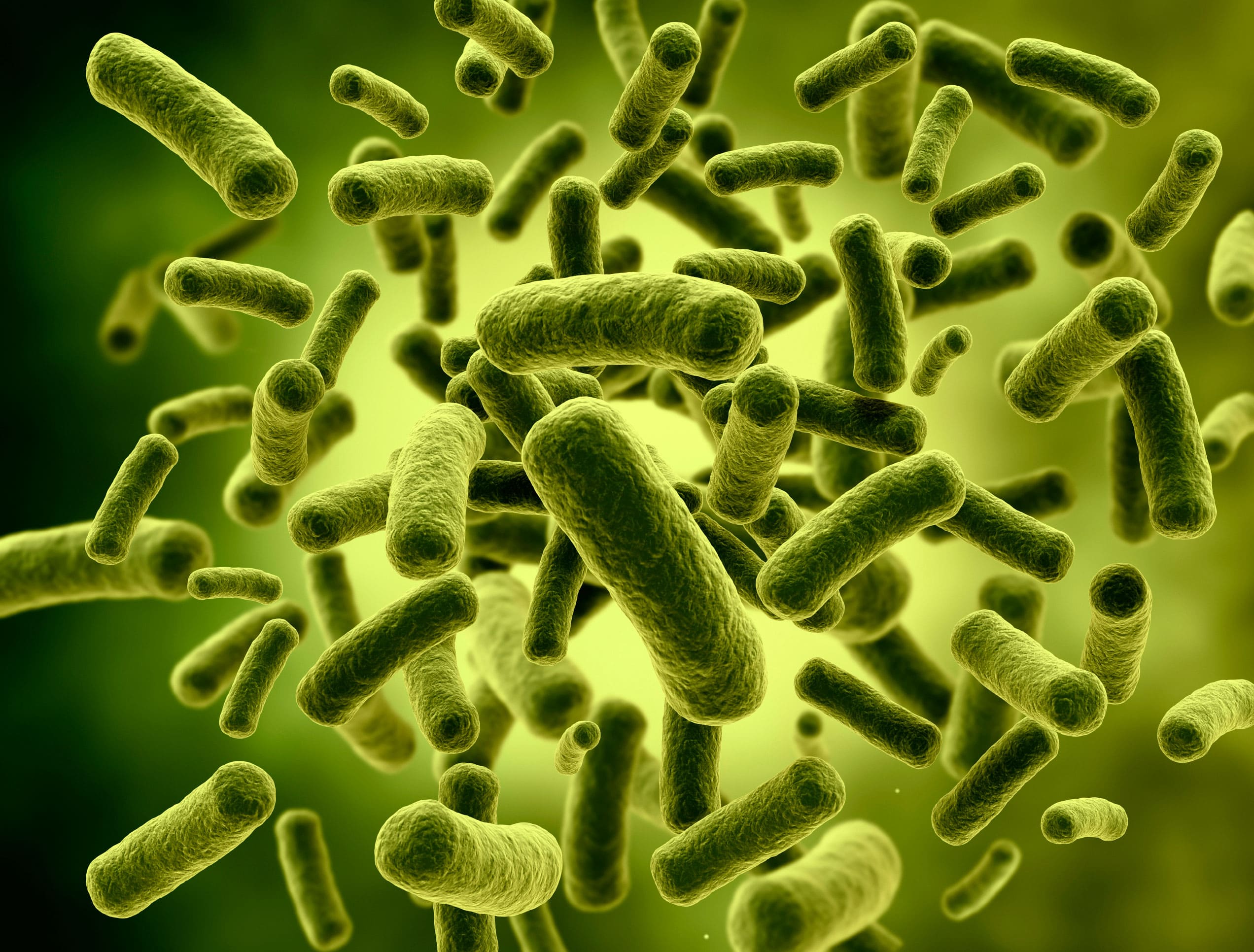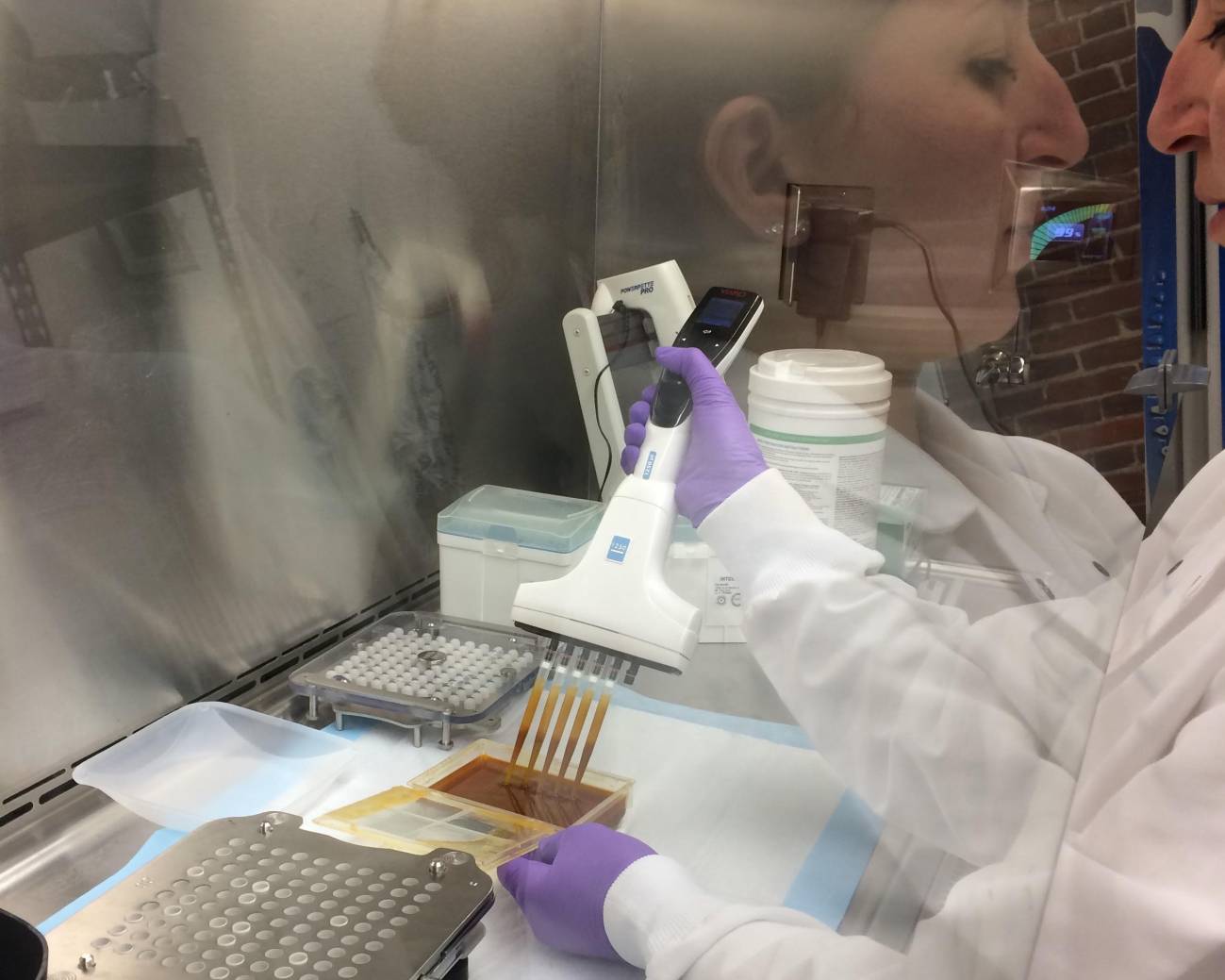Reaction: Phase 1 trial tests fecal transplantation to reduce antibiotic-resistant bacteria in susceptible individuals
The risk of developing resistant bacteria is higher in some people, such as those who have to take long-term antibiotics after organ transplantation. To try to reduce them, a phase 1 clinical trial has performed a fecal transplant on 10 people who had previously received a kidney transplant and had resistant bacteria. The fecal transplants accelerated decolonization, shortened the time it took to test negative for multidrug-resistant organisms, and, according to the authors, may also "reduce the recurrence of infections." The results are published in the journal Science Translational Medicine.





